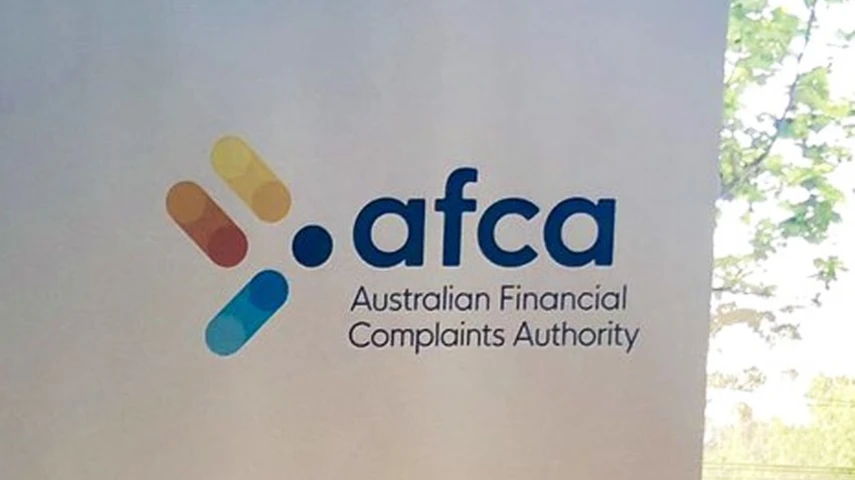Super complaints excluded from AFCA’s updated compensation caps



The Australian Financial Complaints Authority (AFCA) has updated the monetary limits and compensation caps for the complaints it receives, which notably exclude superannuation complaints.
These cover the maximum value of a claim for compensation and the maximum amount that can be awarded to a consumer or small business for complaints about banking and finance, general insurance, life insurance, and investments and advice.
The rules are updated every three years in line with the higher of either the percentage increase in Consumer Price Index inflation and male total average weekly earnings.
However, super complaints have been excluded as they are subject to separate rules and the no monetary limit applies in the superannuation jurisdiction, AFCA said. For most other complaints, a limit per claim applies.
The maximum value of a claim from a consumer from 1 January 2024 cannot exceed $1,263,000 or $6,317,000 if claimed by a small business or primary producer. The sum for a consumer claim has increased from $1,085,000 in the previous three years and $1 million pre-2021.
The new sum applies to all complaints received by AFCA from 1 January 2024.
It also noted a financial firm that is the subject of a complaint may be asked to contribute to legal, professional, or travel costs incurred by the complainants that would be no more than $5,000.
When it comes to super complaints, AFCA’s powers to determine such complaints are set out in section 1055 of the Corporations Act and are summarised in rules D.1.1 and D.1.2 of AFCA’s complaints resolution scheme rules.
“The compensation set out in rule D.3 and the monetary caps in rule D.4 do not apply to superannuation complaints, however, we can consider whether it was unfair or unreasonable for a trustee not to settle a claim or take a different approach to the claim,” AFCA explained.
“We may apply a remedy that results in the payment of compensation to a complainant in respect of losses they have suffered.”
It noted that in determining super complaints, AFCA decision-makers consider all of the available information to see whether there are adverse practical outcomes or consequences of a decision for the complainant and joined parties, in the case of a death benefit payment decision.
“While there is no monetary limit for superannuation, our powers to provide a remedy can only be used for the purpose of placing the complainant as nearly as practicable in a position that any unfairness or unreasonableness no longer exists,” AFCA added.
Earlier this month, AFCA chief operating officer Justin Untersteiner told Super Review there was an “enormous increase” in complaints regarding super funds in 2023.
The organisation reported it had seen over 100,000 complaints in 2023 for the first time and there had been a 20 per cent rise in the number of these relating to delays in claims handling.
Some 10,692 complaints were reported to AFCA regarding this issue, second only to complaints about unauthorised transactions.
Many of these related to super and insurance in super, the organisation said.
Speaking to Super Review, Untersteiner said: “Super and insurance make up the complaints regarding delays in claims handling, there has been an enormous increase in complaints against super trustees and top of that was complaints about delays in claim handling.
“We are encouraging trustees to review this as lengthy delays aren’t fair on consumers.”
Recommended for you
Australia’s largest super fund, AustralianSuper, has announced multiple additions to its executive leadership team to focus on global growth and innovation.
Super Review rounds up last month’s biggest people moves in the superannuation industry, including a new fund chair and a private markets head.
Investment returns for the Future Fund hit a milestone in September, adding $200 billion in value for the first time ever.
Australia’s largest super funds have deepened private markets exposure, scaled internal investment capability, and balanced liquidity as competition and consolidation intensify.










